Teachers go ‘gradeless’
Several teachers implement curriculum that deemphasizes grades
Isabella Kellermeier
REVIEWING WORK. Science teacher Zachary Hund, at right, reviews a quiz with Zach Leslie, his Organic Chemistry student. Although it looks different in every classroom, Dr. Hund is among the teachers who have implemented the gradeless system in the classroom to reduce stress.
November 7, 2019
Teachers across curriculum areas are implementing “gradeless” classrooms. Sari Hernandez, Zachary Hund and Mark Krewatch began this system in their classrooms this year, while Naadia Owens is continuing the system she implemented in the 2018-19 school year.
Despite using the same descriptor, there is a wide variety of ways it is being implemented. According to Ms. Owens, a history teacher, there’s a range of “gradeless” that can span from de-emphasizing the value of grades to completely removing them.
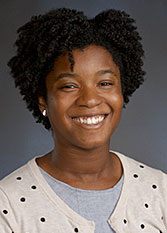
“In my classroom, there is no grade ever for anything ever in the course. My class is built on growth,” Ms. Owens said. “Throughout the semester, students complete assignments, they receive very specific feedback from me, from their peers, and from themselves, and they set goals for themselves based on trends that they’ve seen from their work, and then they create a portfolio.”
In Ms. Owens’ classes, students will use their portfolio to illustrate their growth and effort and discuss a grade that they think that they deserve. For example, if a writer was struggling to get feedback for their work, they could show the fact that they went to the Writers Center every assignment, or talked to Ms. Owens about each assignment.
In theory, our relationship with students is often very transactional. You give me something, I give you back something. In my opinion, ‘gradeless’ asks to change that. Let’s make student teacher relationships a lot less transactional.
— Naadia Owens, history teacher
Although this system seems much more fitted to humanities and English classes, where more than one answer can be right, Zachary Hund has found success using a similar system in his Organic Chemistry classroom.
“The gradeless classroom for me is no formal grading,” Dr. Hund said. “Normally you do a homework assignment, a quiz, a test and you get it back and you have 6.5/10 on this assignment. I’ve removed that completely from any of the individual work, where it’s, you turn it in and I’m going to make comments on this work like, ‘Yes it’s right,’ or ‘No it’s not right’ and saying what you have to improve on and what you’ve succeeded in learning. But it’s a way to hopefully remove stressors.”
Although this may seem like a radical change, students say they appreciate the focus on learning rather than grades. Senior Jenna Nimer took Ms. Owens’ “gradeless” AT African-American History class last year and Dr. Hund’s “gradeless” Organic Chemistry class this year.
“What I really like about the system is that grades are in part determined by the students. By being a part of the process, it feels like the teacher and I are working together to help me learn the material and become a better student rather than feeling like my grade is the teacher’s opinion on the work I put in,” Jenna said.

“The quizzes and tests are still difficult, but bad grades feel a lot less significant without formal grading,” Charles Chen, a senior in Dr. Hund’s class, said. “Of course you are still not allowed to completely fail tests because you still have to conference with Dr. Hund for your grade, but it feels more lenient than any other classes would be.”
“In theory, our relationship with students is often very transactional,” Ms. Owens said about teaching in a typical graded classroom. “You give me something, I give you back something. In my opinion, ‘gradeless’ asks to change that. Let’s make student teacher relationships a lot less transactional. Let’s make it more of a learner-to-learner conversation.”




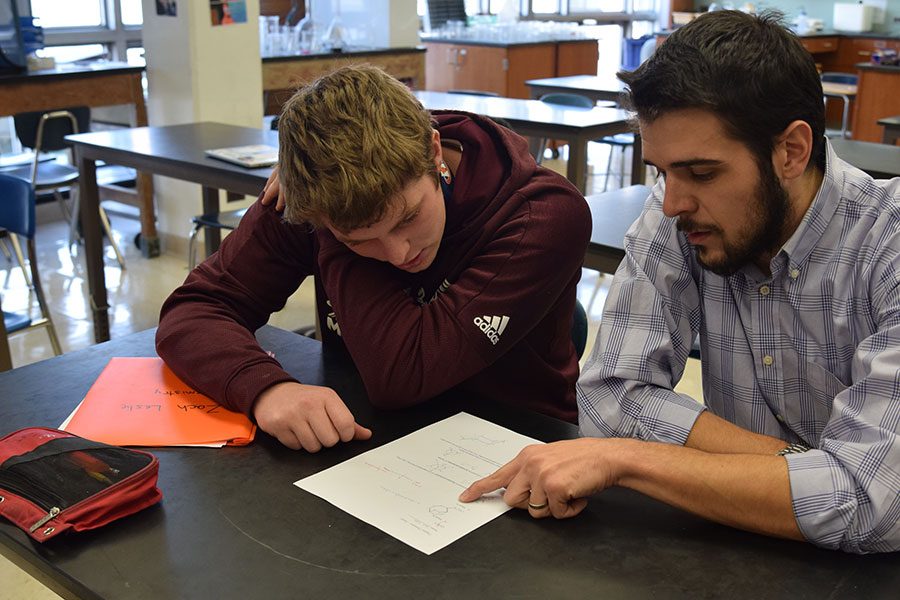





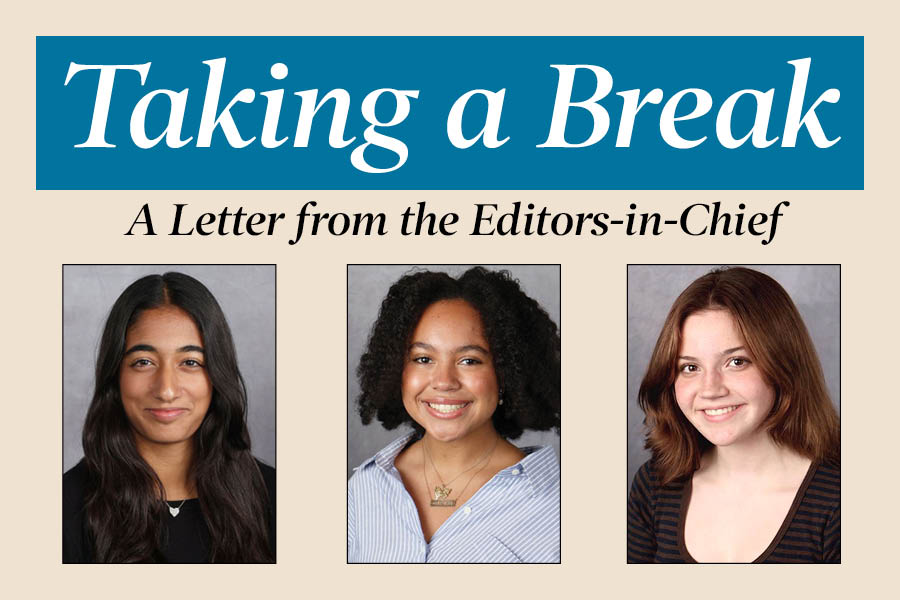




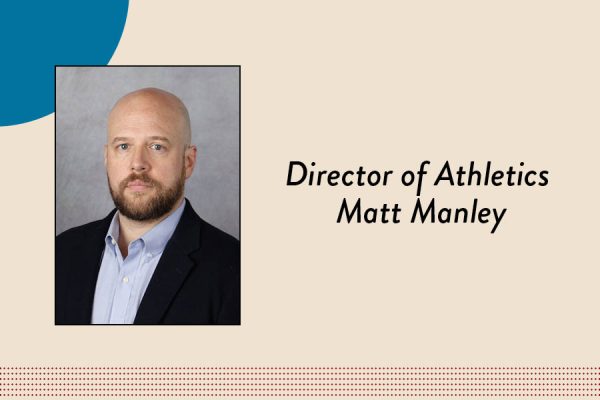

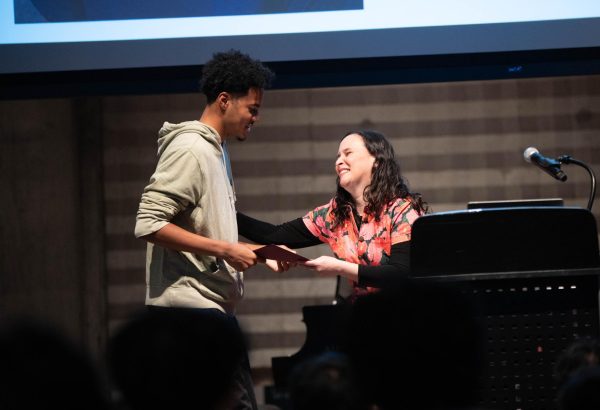
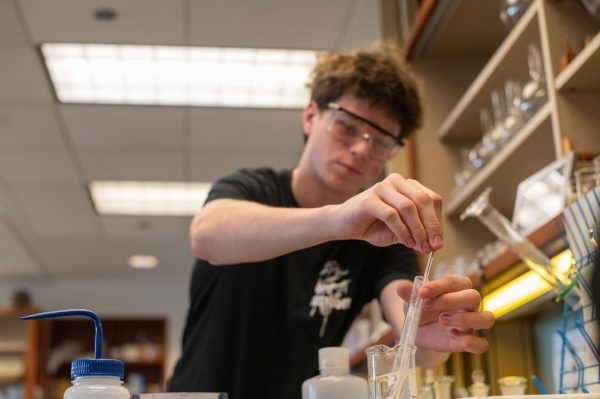
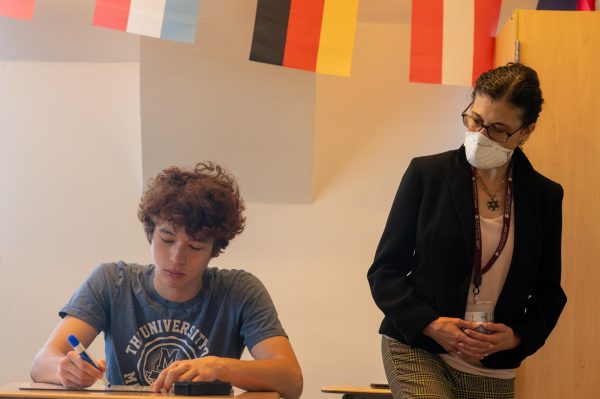
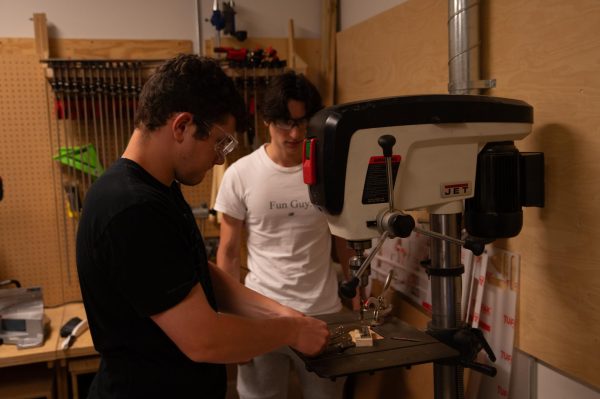
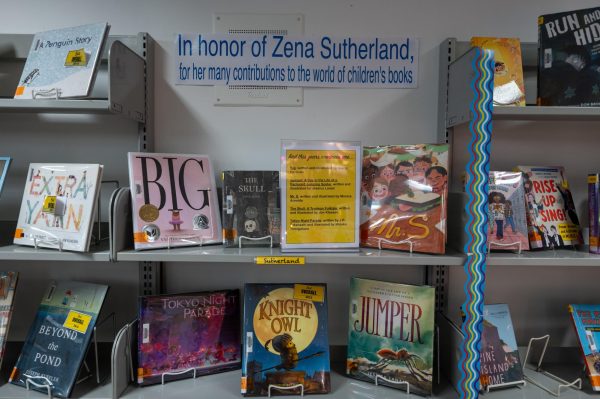
Zainab Baig • Nov 10, 2019 at 7:27 pm
Reassessing how student assessments are done and modifying grading policy with greater implementation of “Revision & Redemption” shows that these Lab teachers are truly vested in the health and well-being of the students.
Our children are fortunate to learn from them.